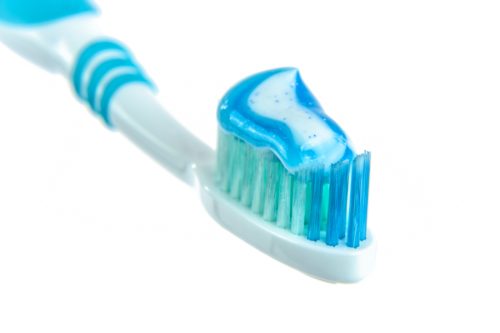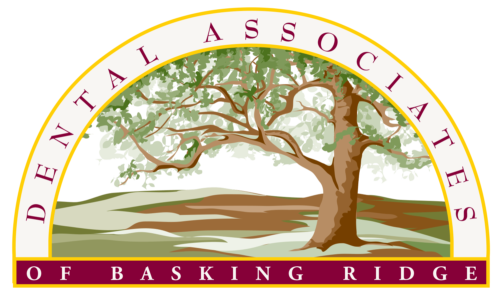
Most of us know what plaque is, at least on a basic level. Whether you’ve noticed that white residue on your teeth upon waking up, after a meal, or otherwise, you know what plaque is, and you most likely swiftly brush your teeth as soon as you realize it’s there. That being said, many people wonder exactly what plaque is and why it is so bad for your teeth. To start, you should understand that plaque is essentially something that is caused by various foods and beverages, and it builds up in your teeth and in your gumline. It is essentially a sticky substance that forms due to food residue and saliva in your mouth, and it contains bacteria. If left untreated, it will eventually build up and cause decay in your mouth. Rather obviously, this is very serious, as this decay can lead to gum disease, gingivitis, or, if left untreated long enough, it can even lead to periodontal disease.
That being said, it is critical that you have a firm understanding of exactly what causes plaque, how to treat it, and what you should do if the problem has begun to manifest itself in a more serious form. Please continue reading and speak with our knowledgeable New Jersey dental team to learn more about plaque, the dangers it presents, and how our team can help if you have a serious problem. Here are some of the questions you may have:
What foods most commonly cause plaque buildup?
While all foods can cause plaque, there are some foods that particularly contribute to plaque buildup. In general, foods that contain high amounts of starch cause the most plaque buildup. For example, potato chips, bread, pretzels, and other foods of the like cause plaque. However, sugary or acidic foods also cause plaque buildup. Soda, citrus, or sticky candies are all good examples. Foods that contain carbohydrates, such as bagels, also cause plaque buildup.
What is the best way to put an end to plaque buildup on my teeth?
The best way to get rid of plaque is to practice basic dental hygiene, meaning you should brush, floss, and use mouthwash on a regular basis. You should also eat a balanced diet that is not centered around carbs, starchy, or sugary foods. In most cases, using a tartar-control toothpaste with fluoride is also a good bet. You should also avoid tobacco products for a myriad of reasons, however, they are known culprits when it comes to plaque buildups. Finally, ensure you schedule regular appointments with your trusted dental team.
Contact the Dental Associates of Basking Ridge
Dental Associates of Basking Ridge is a compassionate, gentle, and professional state-of-the-art dental practice serving Basking Ridge, Morris & Somerset County. Our office is always ready to greet our patients with a smile, take the time to answer any questions, and provide the quality dental services our patients expect. Please contact us to schedule an appointment. We look forward to serving you!






